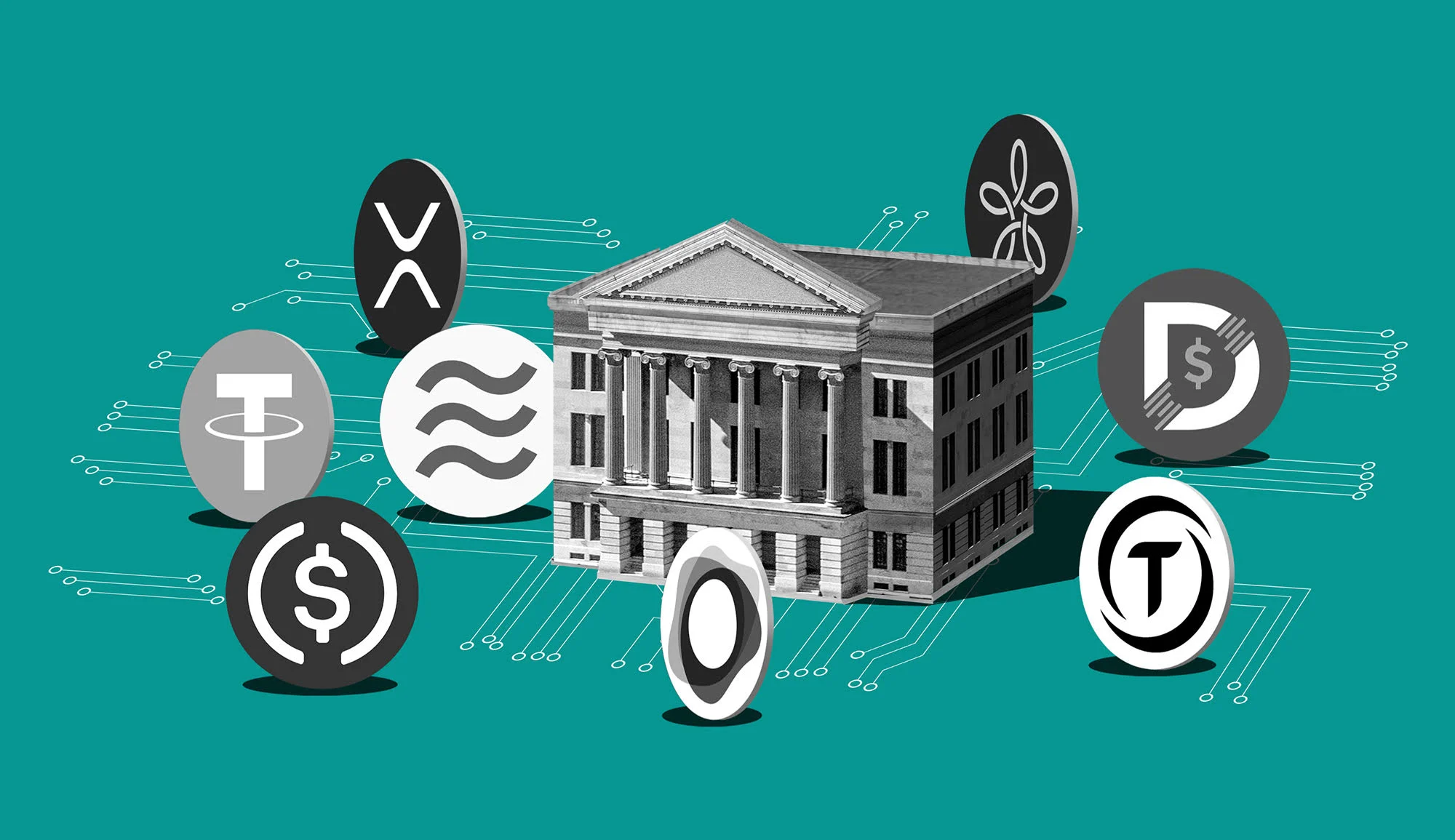One of the most influential financial trends of the past decade has been the proliferation of cryptocurrencies. What began as a small digital venture has since transformed into a potent force that is reshaping global finance and commerce. A expanding role in high-value transactions, such as the purchase of property and vehicles, is one of the many prospective applications of cryptocurrencies. The future may witness cryptocurrencies playing a pivotal role in these traditionally complex markets as adoption expands and technology advances.
The Reasons for the Increase in the Use of Cryptocurrencies for Property and Vehicle Purchases
The acquisition of a residence or automobile is frequently a protracted process that necessitates the involvement of intermediaries, banks, and complex documentation. By facilitating faster payments, reducing fees, and improving transparency, cryptocurrencies and blockchain technology provide solutions that can simplify these transactions.
The capacity of cryptocurrencies to enable seamless cross-border transactions is one of their most significant advantages. International purchases are simplified and more accessible when buyers from all over the world can utilize digital assets without concern for currency exchange rates or bank restrictions.
Furthermore, blockchain-based smart contracts have the potential to automate and secure transactions, thereby minimizing the risk of fraud and guaranteeing that the terms of the agreement are fulfilled prior to the release of funds. This reduces delays and fosters trust between consumers and sellers.
Current Trends Indicate a Greater Adoption
Cryptocurrencies such as Bitcoin, Ethereum, and stablecoins are currently accepted as payment by specific real estate developers and vehicle dealerships. Luxury markets are particularly active, as high-net-worth individuals utilize their crypto wealth to acquire premium properties and vehicles.
Real estate tokenization, which involves the division of property ownership into digital tokens, also has the potential to democratize access to real estate investments by enabling fractional ownership and simpler transferability.
Payment platforms that instantaneously convert crypto to fiat at the point of sale alleviate volatility concerns, thereby facilitating the acceptance of digital currency by merchants without financial risk.
Issues That Must Be Resolved
Before cryptocurrencies can be adopted as common payment methods for vehicles and property, there are still numerous obstacles to overcome, despite their apparent advantages:
* **Volatility:** Many cryptocurrencies’ price fluctuations can confound payment agreements and pricing. Stablecoins provide a more stable alternative; however, they are subject to regulatory scrutiny in certain regions.
* **Regulation:** Laws that are inconsistent among countries generate uncertainty. In order to promote broader adoption and safeguard consumers, it is imperative to establish regulations that are both clear and supportive.
* **Education and Infrastructure:** Cryptocurrency transactions continue to be unfamiliar to numerous consumers, dealerships, and real estate agents. It will be crucial to educate stakeholders and establish platforms that are easily accessible.
* **Legal and Tax Considerations:** The taxation of crypto transactions and the legal recognition of blockchain contracts are subject to significant variation and can contribute to the complexity of the situation.
Prospects for the Future
It is probable that the incorporation of cryptocurrencies into the purchase of vehicles and real estate will continue to expand in the future. Ownership transfers and financing may be simplified even further by advancements in digital identity, blockchain notarization, and decentralized finance (DeFi).
Providing stable, government-backed digital currencies that facilitate seamless payments, central bank digital currencies (CBDCs) have the potential to bridge the gap between traditional and crypto economies.
In international markets and luxury sectors, crypto payments may become standard options alongside traditional methods as trust increases and adoption broadens.
In conclusion,
Cryptocurrencies have the capacity to transform the process of purchasing property and vehicles by facilitating transactions that are more transparent, cost-effective, and expedited. While there are still obstacles regarding infrastructure, regulation, and volatility, the trajectory indicates that acceptance and integration are on the rise. In the not-too-distant future, the utilization of digital currencies for real estate and automotive purchases may become an inherent component of the purchasing process, reflecting the changing global financial landscape.

Leave a Reply